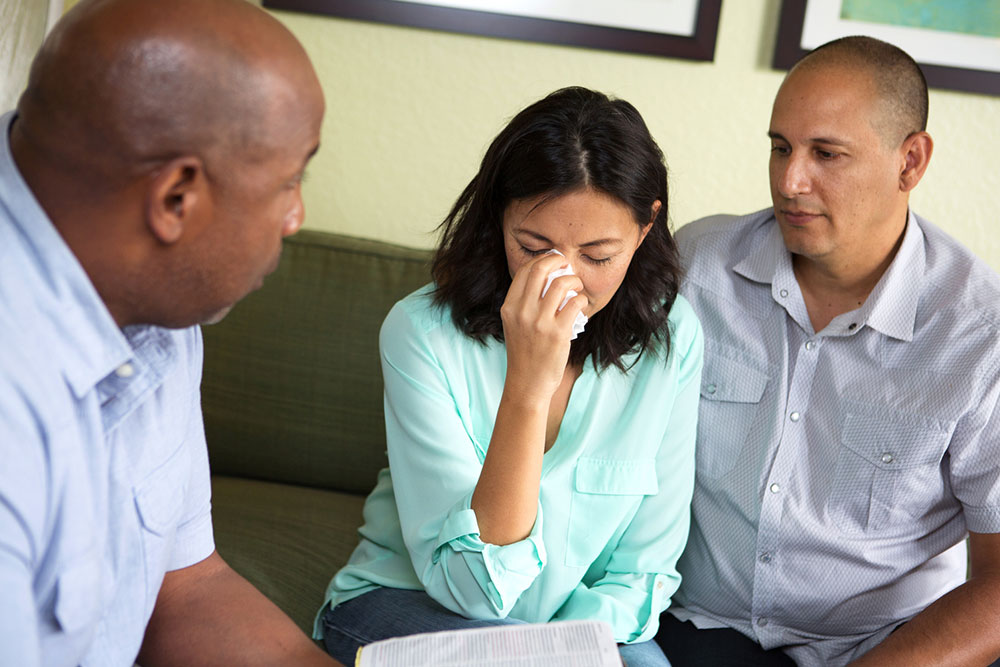
Symptoms of bipolar disorder
Bipolar disorder is a condition where the patient experiences extreme shifts in mood. It can affect people of all genders and ages. Patients experience difficulty in managing their everyday tasks at schools or office, and in maintaining relationships. There are three types of bipolar disorder — Bipolar disorder I (appearance of at least one manic episode), Bipolar disorder II (undergoing one major depressive episode which lasts for at least two weeks), and cyclothymia (experiencing episodes of hypomania and depression).
Symptoms of bipolar disorder
Symptoms of bipolar disorder are classified under three broad heads — mania, hypomania, and depression.
- Mania
Here, patients undergo a state of emotional high, and they can be euphoric, impulsive, or full of excitement. They engage in spending sprees, unprotected sex, gambling with hard-earned life savings, and substance abuse. They make grand and unrealistic plans indicating poor judgment about situations. The individual may show excessive happiness or hopefulness and suddenly experience a change in their mood to irritation, anger, and hostility. They exhibit a decreased need for sleep. Patients speak very fast, show restlessness, and get distracted very easily. - Hypomania
Most often, patients undergoing bipolar disorder II show this type of behavior. Its symptoms are similar to mania. However, they are less severe and euphoric than the previous condition. Individuals may attend their regular work at office or school in this stage without much difficulty. They can also maintain social relationships and participate in public gatherings. However, individuals dealing with patients closely can notice their mood swings. - Depression
In this state, individuals feel very low and experience deep sadness, loss of energy, severe fatigue, and hopelessness for a long duration. They either sleep too much or too little. They do not even like doing things which they used to enjoy previously. Patients seem to withdraw from their friends and other family members while experiencing depression. It is also familiar to experience issues with memory and concentration. Individuals lack the power of decision making. Some of them even attempt suicide in this stage.
Bipolar disorder in children
Children may also experience bipolar disorder. It becomes challenging to diagnose the condition since they exhibit a different set of symptoms from adults during their maniac and depression stage. In their maniac state, they act silly and feel excited and happy over small things. They speak fast and quickly change the topic of discussion. Children may also experience difficulty in concentrating, which can lead to a sudden outburst of anger.
In the depression stage, children become very sad, sleep too less or too much, and do not show interest in any activity. They may also complain of headaches or stomach aches. It is also common for children to think about death or attempt suicide.
At present, approximately 5 million adults in the country suffer from bipolar disorder. However, the good news is that there are several lines of treatments for this condition including medication, psychotherapy, electroconvulsive therapy (ECT), sleep medication, and lifestyle changes.


